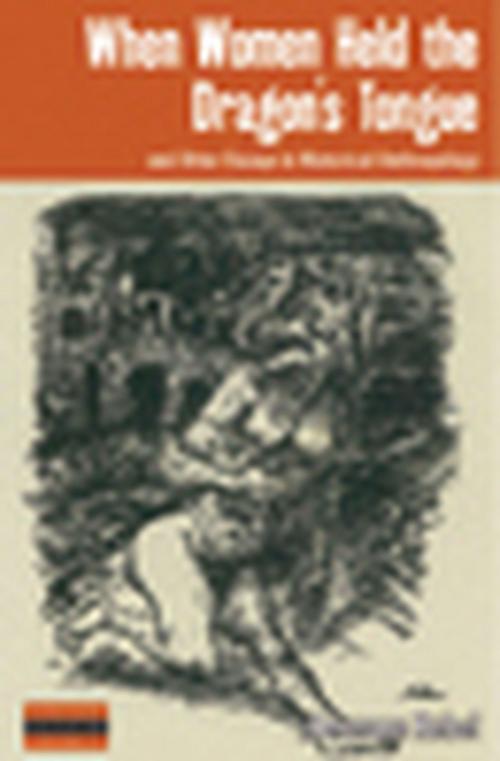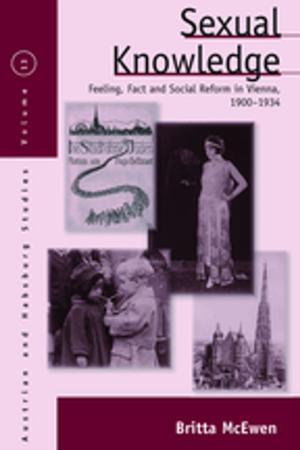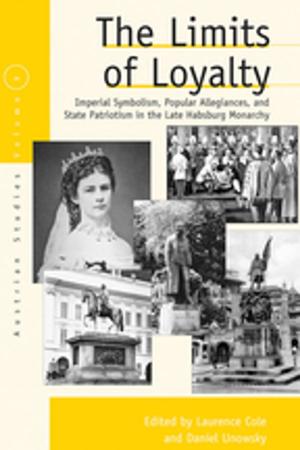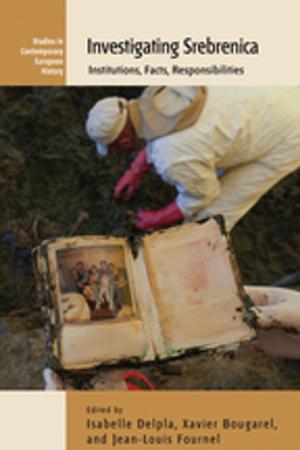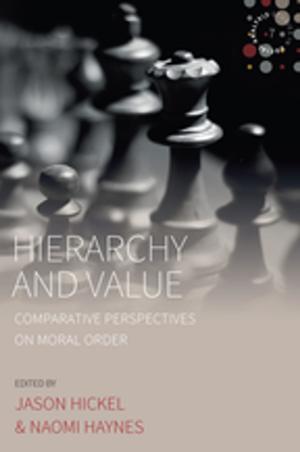When Women Held the Dragon's Tongue
and Other Essays in Historical Anthropology
Nonfiction, Social & Cultural Studies, Social Science, Anthropology, History| Author: | Hermann Rebel | ISBN: | 9781845457983 |
| Publisher: | Berghahn Books | Publication: | February 1, 2010 |
| Imprint: | Berghahn Books | Language: | English |
| Author: | Hermann Rebel |
| ISBN: | 9781845457983 |
| Publisher: | Berghahn Books |
| Publication: | February 1, 2010 |
| Imprint: | Berghahn Books |
| Language: | English |
“Peasants tell tales,” one prominent cultural historian tells us (Robert Darnton). Scholars must then determine and analyze what it is they are saying and whether or not to incorporate such tellings into their histories and ethnographies. Challenging the dominant culturalist approach associated with Clifford Geertz and Marshall Sahlins among others, this book presents a critical rethinking of the philosophical anthropologies found in specific histories and ethnographies and thereby bridges the current gap between approaches to studies of peasant society and popular culture. In challenging the methodology and theoretical frameworks currently used by social scientists interested in aspects of popular culture, the author suggests a common discursive ground can be found in an historical anthropology that recognizes how myths, fairytales and histories speak to a universal need for imagining oneself in different timescapes and for linking one’s local world with a “known” larger world.
“Peasants tell tales,” one prominent cultural historian tells us (Robert Darnton). Scholars must then determine and analyze what it is they are saying and whether or not to incorporate such tellings into their histories and ethnographies. Challenging the dominant culturalist approach associated with Clifford Geertz and Marshall Sahlins among others, this book presents a critical rethinking of the philosophical anthropologies found in specific histories and ethnographies and thereby bridges the current gap between approaches to studies of peasant society and popular culture. In challenging the methodology and theoretical frameworks currently used by social scientists interested in aspects of popular culture, the author suggests a common discursive ground can be found in an historical anthropology that recognizes how myths, fairytales and histories speak to a universal need for imagining oneself in different timescapes and for linking one’s local world with a “known” larger world.
